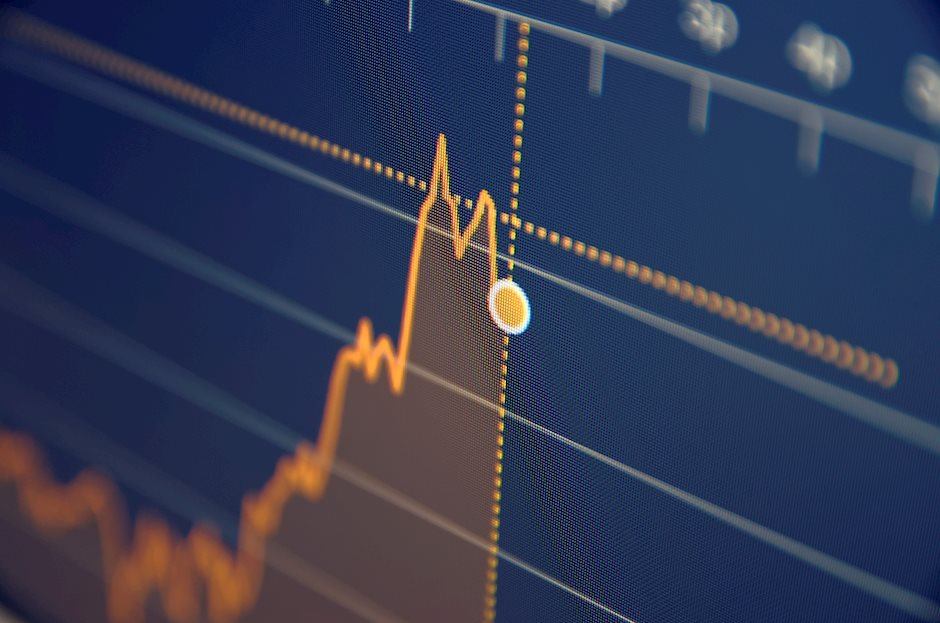Can Big Data Mean Big Profits?

You don’t need me to tell you that the internet is a dizzyingly vast world that’s only getting bigger and more complex.
It amazes me how quickly we’ve become accustomed to the interconnectivity of our online life. Those discounted shoes you checked out while on a break at work? An ad for those very same shoes appears in your Facebook feed and in your Google search results and whatever news website you frequent most.
Our online footprint – a veritable mountain of big data – follows us wherever we go, and companies are scrambling to find ways to monetize it.
You can hardly imagine how much money there is to be made if someone were able to connect all the dots and map all the footprints in one place at the push of a button.
Companies that rely on any sort of marketing (which is basically every company out there) would fall over themselves and pay any price for that sort of tool.
Well, the company we found in this month’s issue of Hidden Profits is uniquely positioned to do just that.
But let me back up a bit first.
You’ve probably heard of Michael Bloomberg, the billionaire former mayor of New York City.
What you may not know is how he made his fortune.
Finding Profits in the Tech Market
Investment and business research, along with journalism and the publishing world writ large, used to be firmly grounded in the world of paper. Computers began helping in the 1960s, ’70s, and ’80s, but it wasn’t until the 21st century that the Internet Age accelerated the marginalization of the printed word and the hegemony of the pixelated word.
For the financial world in particular, the first enduring revolution came with the “Bloomberg Terminal,” a computer software system that keeps track of, in a word, everything.
With an annual subscription Wall Street wizards and wannabes could get all the information they needed through one powerful machine housed on their desks, obviating the need for legions of interns to scour the web and printed sources of data.
“Everything,” in this context, means precisely that: from headlines in India to what the Venezuelan bolivar trades at in South Africa to every single media mention of a small miner in a remote corner of Australia that’s not even public yet.
Bloomberg met a huge need so well that it grew subscriptions at a dizzying rate. Everyone in the financial world has a Bloomberg terminal or is close to one. There are more than 300,000 subscribers worldwide, and they pay about 20 grand per year. In 2011, the Bloomberg terminal made up more than 85% of the company’s revenue.
As I mentioned earlier, if there were some sort of Bloomberg machine equivalent that could be used to track and analyze (and, in effect, monetize) online traffic, well, that’d be a big deal.
And I’m pretty sure I found it.
The guy at the head of this company built the worldwide software mega-giant Oracle’s cloud platform from nothing into a multi-billion-dollar business. It’s hard to imagine anyone better at the helm, someone who knows “long lead times” and the software subscription game.
Its current market base is already $3 billion, but it has its sights set squarely on the $32 billion marketing software market and the whopping $195 billion digital marketing market. Those markets are 10 to 65 times greater than its current market.
It’s easy to see that making the slightest dent in those markets would balloon Cision’s valuation. Only moderate success is required to provide multi-bagger returns.
This is a story that’s happening right now, all around us, except now there’s a way to profit from it. Take a look.
Good investing,
Author

Dent Research Team of Analysts
Dent Research

















